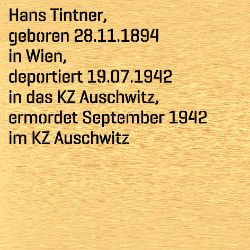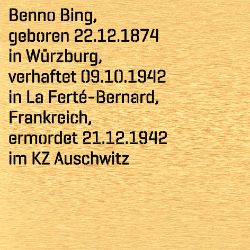Edgar Weil was born on July 7, 1908 in Frankfurt am Main, the youngest of the two sons of the Jewish chemist Dr. Richard Weil and his wife Pauline, née Hochstädter. After studying literature and completing his doctorate, he married Grete Dispeker in 1932. During the season 1932–1933 Edgar Weil was dramaturge at the Münchner Kammerspiele theatre. Just a few weeks after the Nazi regime assumed power, the Political Police arrested Edgar Weil and the director of the theatre, Otto Falckenberg. They were denounced because of a letter the director Ernst Held had sent to the theatre management. Ernst Held had fled to Moscow in 1932 with his wife, a Communist, and from there had sent the letter to give a sign of life. For the Nazi authorities, this represented “treasonous correspondence.” Like Otto Falckenberg, Edgar Weil was eventually released, albeit after being subjected to interrogation and physical beatings. Upon release Edgar Weil moved to his parents in Frankfurt, from where he then emigrated to Amsterdam before the end of 1933. His wife Grete followed him two years later. After the German occupation of the Netherlands on May 10, 1940 Edgar and Grete Weil tried to emigrate to Cuba. Grete Weil had already been issued with a visa; Edgar Weil collected his on June 11, 1941. On the same evening he became caught in a roundup. The police arrested 300 Jewish men randomly on the street. Every effort to secure his release failed. The Germans sent Edgar Weil first to Schoorl internment camp located in the dunes of northern Holland and then on to Mauthausen concentration camp on June 25, 1941. Grete Weil received a final letter from her husband on August 31, 1941. The SS killed Edgar Weil on September 17, 1941. After the murder, his wife Grete went into hiding and survived the war in the Netherlands. After the war she returned to Germany. Establishing herself as a writer, she sought to counteract the widespread tendency to forget the horrors of the recent historical past. (text Janne and Klaus Weinzierl, editor C. Fritsche, translation P. Bowman)



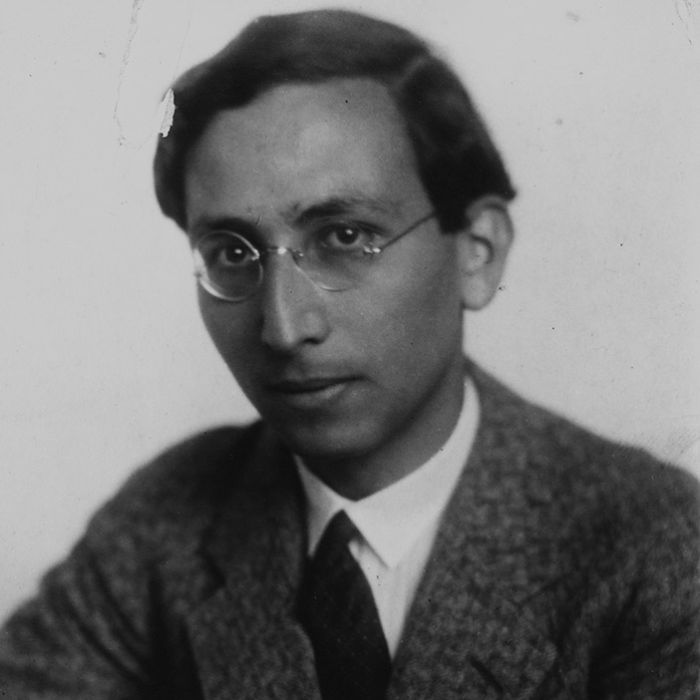

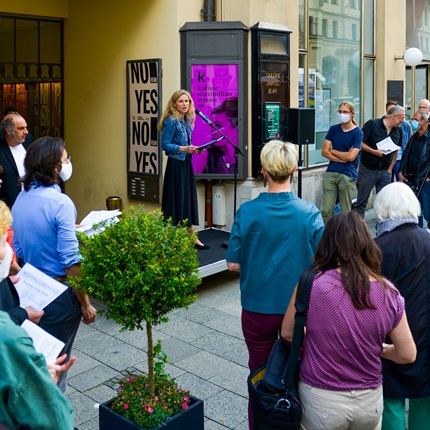
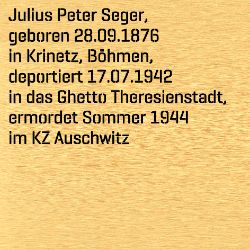
-Rowohlt_image.jpg/jcr:content/EZ_BILD_14583.jpg)
